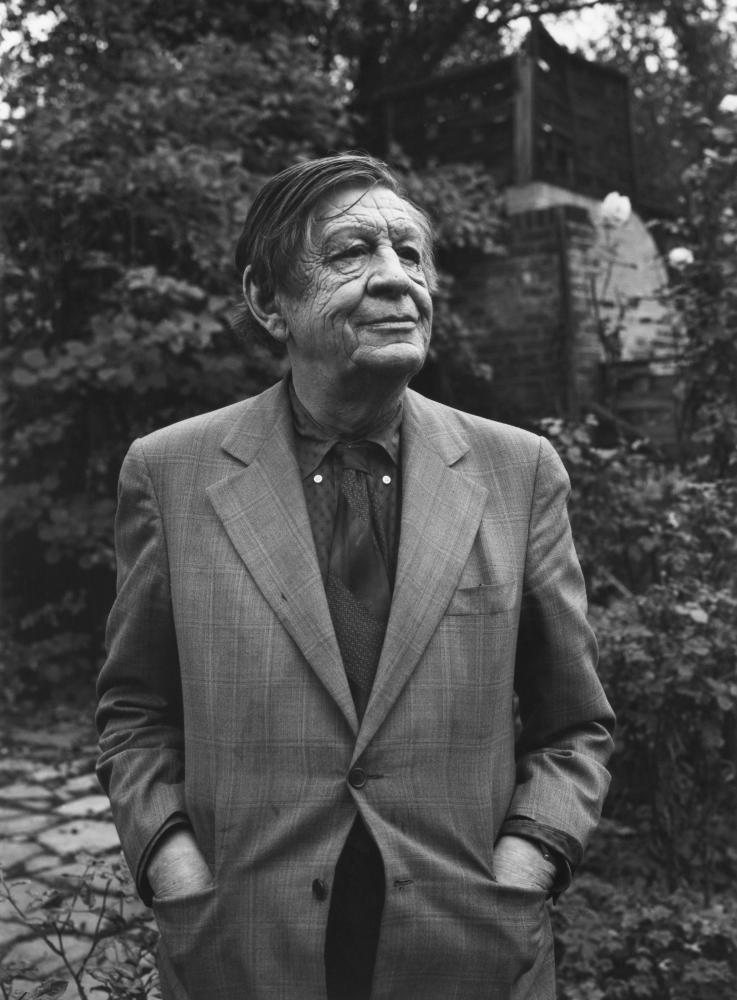


For his devotional series, the Horae Canonicae, W. These poets and their followers have been more inclined to base their meditations upon private perceptions of the ordering of the Christian life, or upon the pattern of the earthly career of Christ and the lives of the apostles. English Studies in Canada, ix, 4, December 1983 From the time of the Renaissance in England, works like Donne’s Corona and Devotions, Herbert’s Temple, and Vaughan’s Silex Scintillans have established a tradition in English religious literature of very personal devo tional poetry, which for the most part has not looked to traditional church ceremony for a formal model. Consequently, there has been no healthy and continuing tradition of literary meditation on the Canonical Hours as such since the Middle Ages, excepting the official re visions of the Psalter, Prayer Book, and Breviary, which generally have drawn from the recorded meditations of the early church fathers. Except in certain monastic communities, the observance of these seven hours of devotion gradually fell off, and by the sixteenth century the “hours” had for the most part been reduced again to morning and evening prayers, whose content changed daily according to the prescribed ceremonies of the liturgical calendar of saints’ days and festivals. While a great many such commentaries and apologies were written in the church in and beyond the patristic age, perhaps the most popular, and of most influence in the Christian community at large, was the Golden Legend of Jacobus de Voragine, which presented the events of Christ’s passion and resurrection as the focus for meditation in the hours.

Commentaries and apologies subsequently were written to celebrate the aptness of the ceremonial worship which had been so prescribed these commentaries customarily cited scripture or patristic writings identifying those events which occasioned worship in each hour, and quoted biblical authority for the practice of such periodic worship on a daily basis. The fathers of the early church pre scribed a liturgy of prayers and hymns, readings from the scriptures, and devotions, for each of the “hours,” and in time all of these elements of worship became established as the tradition of divine service in the canonical hours. The Golden Legend of Jacobus de Voragine -Lhe horae canonicae are seven “hours” or periods of worship in each day, established by ancient tradition as the canonical or authorized times of com mon worship in the Christian church.

This is done in the seven canonical Hours, namely Matins, Prime, Terce, Sext, Nones, Vespers, and Compline. A U D E N ’ S H O R A E C A N O N I C A E D O U G LA S L O N E Y McMaster University The Church is consecrated in order that God’s praises may be sung within it. In lieu of an abstract, here is a brief excerpt of the content:


 0 kommentar(er)
0 kommentar(er)
